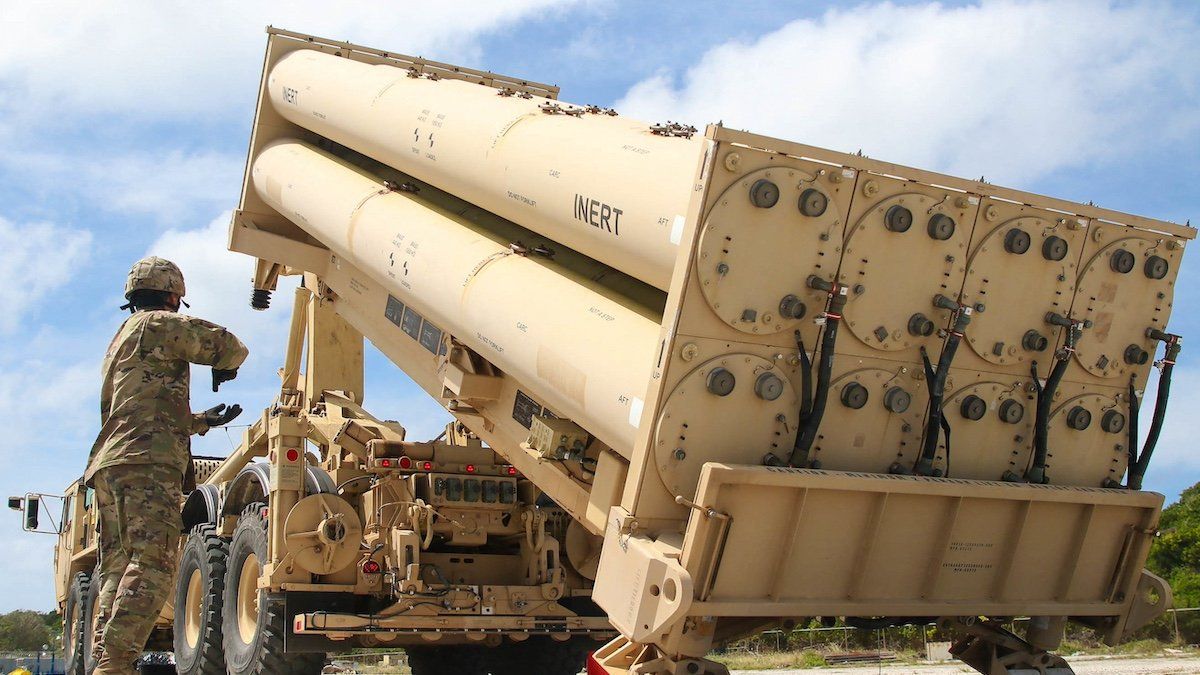US deploys anti-missile system to Israel, UN accuses Israel of damaging base
The Biden administration is sending an anti-ballistic missile system to Israel to bolster the Jewish state’s defenses against potential Iranian attacks and underscore Washington’s “ironclad commitment” to Israel’s defense, the Pentagon said Sunday. A deployment of 100 US troops will man the Thaad system.
The US has deployed Thaad systems to Israel twice before, once in 2019 and after the Oct. 7 attacks in 2023 — but the war has expanded, and the risks of escalation with US troops in the theater are higher.
Saber-rattling: The deployment follows discussions between American and Israeli officials over Israel’s plans to respond to Iran’s Oct. 1 missile strike on Israel in retaliation for Israel’s killings of Hamas, Hezbollah, and Islamic Revolutionary Guard Corps leaders. Defense Minister Yoav Gallant vowed last week that Israel’s strike would be “deadly, precise, and surprising,” but Washington has advised against the targeting of Iranian oil facilities and nuclear sites. On Sunday, Iran’s Foreign Minister Abbas Araghchiwarned on X that while Iran wants peace, “we have no red lines in defending our people and interests.”
Meanwhile, Israel’s fights with Hezbollah and Hamas continue. On Sunday, a Hezbollah drone strike in the Israeli city of Binyamina near Haifa killed four soldiers and injured at least 60 people, according to Israeli rescue services. Israel also continued to strike Hamas in northern Gaza, killing at least 20 on Sunday. The UN says no food aid has been delivered since the beginning of October.
And then in Lebanon … On Sunday morning IsraeliPrime Minister Benjamin Netanyahu demanded that the United Nations Interim Force withdraw from southern Lebanon, claiming its forces were being used as “hostages” by Hezbollah.
According to the UN, two Israeli tanks forcibly entered a UNIFIL peacekeeping base in southern Lebanon on Sunday. The tanks left but reportedly fired shells nearby that sickened some of the base personnel. Israeldisputes this and maintains that Hezbollah terrorists fired anti-tank missiles at its troops close to a UNIFIL post and that an Israeli tank evacuating two dozen casualties came under fire and backed into the UNIFIL post.
Nevertheless, Israel was denounced by the UN as wellas by Italian Prime Minister Giorgia Meloni, who phoned Netanyahu on Sunday about the “unacceptable” incident. Italy, usually a staunch supporter of Israel, is the largest contributor to UNIFIL with 1,000 troops.
We’re watching how other UNIFIL countries respond and what the US deployment means for further escalation in the region.
